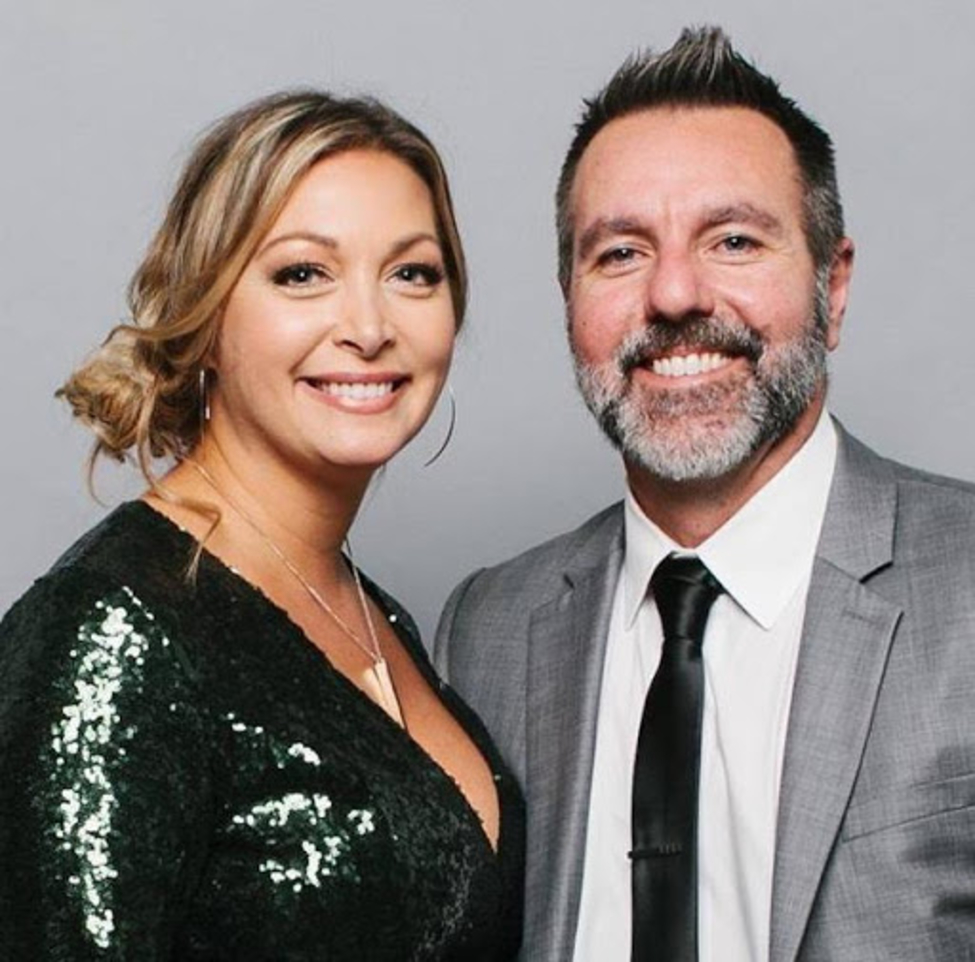What to Know Before You Invest
with Jerry Fetta
Video:
Audio:
with guest Jerry Fetta #MakingBank S5E3
While many have financially struggled during COVID-19, others have found themselves surprisingly saving money. Whether it’s eating more at home, spending less money on activities, or moving back home and not paying rent, some of us aren’t tending to the same expenses as we were before. If you’ve been lucky enough to accumulate a little extra on the side, perhaps you’ve wondered what to do with it. Ever thought of investing?
Now, you may find yourself internally cringing. Investments? Isn’t that just what boring, finance people do? That’s not for me. The great thing about investments, however, is that it is for you. Anyone can invest, which also means that anyone can grow their wealth.
While anyone can invest, there are a few basic things you may need to know before you do so. Keep reading to discover what those are.
Assess Your Risk Level
Before you invest your hard-earned money, you may want to determine what’s best for you. It’s important to pinpoint what you feel comfortable doing with your own money and what you do not. Do you want stable, low-risk bonds to slowly grow your wealth? Or are you more comfortable with exploration? Do higher-risk, higher-reward stocks appeal to your sense of adventure?
Whatever your risk level, it’s great to establish it at the beginning of this financial journey. If you are realistic with yourself on what you’re okay with, then you’re less likely to stray from your original intentions. Now, if you start off very conservatively, that doesn’t mean you later can’t incorporate a little more risk. There’s nothing wrong with transitioning into a more adventurous investor—as long as you do so in a healthy, methodical way. Establishing your risk level helps deter impulsive, perhaps dicey, decisions that may tempt you later on.
Do Your Research
Secondly, you may be looking for some help in determining where to place your money. A financial advisor is a great way help navigate any territories in which you are unfamiliar. While financial management provides you with expertise in the field, you may be tempted to rely solely on them. However, it’s always good to understand where your money is going and why. Perhaps familiarize yourself with the industry’s terms—there are loads of books you can read and even videos you can watch.
The financial jargon can sometimes feel overwhelming. When it comes to your money, perhaps your usual method to avoid anxiety is to not touch it or spend less. However, financial literacy is a skill anyone can acquire—no matter your previous exposure or education, everyone has the ability to learn.
Money is something that influences our lives on an everyday basis. In that regard, it’s helpful to start viewing financial literacy as more of a life skill than special knowledge.

Think Creatively and Follow the Wealth(y)
In doing your research on where to place your money, it’s important to go the extra mile. In a recent episode of the Making Bank podcast, guest Jerry Fetta has built a multimillion-dollar wealth management company in four years on his unique approach. His business, Wealth Dynamics, stems from a time he delved into the nitty gritty of investments and discovered a more effective way to amass money for his clients.
After working in finance for a few years, Fetta “started learning what wealthy people actually do, what the top 1% actually do. And I was like—this is nothing like what I’m telling people to do right now.”
The journey of starting his own company began when Fetta examined a savings chart of the top 1% over the past one hundred years. From 1913 to 2013, the chart revealed that the wealthiest were able to save 40$ of their gross income, which led him to wonder where? Where are they putting this 40%?
In cross referencing this 100-year chart, Fetta discovered that the top one percenters throughout history do not invest in the way that traditional financial advising promotes. They look for tangible investments, such as real estate. They search for investments they can influence or have greater control over like small business equity—in fact, 60% of their net worth is in small businesses. Finally, Fetta learned that the wealthiest of the past 100 years, and fortune 500 companies end up placing their top tier capital in an area that kept cropping up—whole life insurance.
Now, anyone in the financial world is told to stay away from whole life insurance. Upon investigating the structure of whole life insurance, Fetta uncovered that it has a high cash value. This means that you can borrow about 70-90% of the money you place in—to invest in other areas such as real estate—and the pile will continue to grow as if the money were still in there. Listen to the Making Bank podcast to hear more about Fetta’s discovery and his model for financial success!
While Fetta has a unique approach that works for him, you may want something more traditional. There’s nothing wrong with following what has always worked, in fact, that is essentially what Fetta is doing, just from a different angle. You don’t need to invent a new method of investing your money, but Fetta’s journey brings up a good about research: take the extra step.
We’ve all secretly been in a position where we see the extra step, but the amount of work stops us. Perhaps it was as simple as washing the dishes before bed or studying a little more in college. These extra steps may not have had the most severe consequences, but it’s a pattern you may want to avoid with larger decisions.
When it comes to investing, respect the money you worked so hard to amass. Take the extra step in your research and financial education and you will start to see results. If you work to find solid investments, your investments will then work for you.
Topics
- Accelerated Learning
- Artificial Intelligence
- Become Present
- Blockchain
- Branding
- Business
- Education
- Entrepreneurship
- Family
- Finance
- Health
- Health & Wellness
- Internet Marketing
- Investing
- Leadership
- Lifecoach
- Marketing
- Negotiation
- Performance
- Productivity
- Publicity
- Real Estate
- Sales
- Sales Success Habits
- Video Marketing
- Writing
















